Onsite Compost for Farmers and Gardeners
Creating compost is an important, yet often overlooked part of the growing process. Onsite agricultural compost has the potential to make a huge impact, not only on our plants’ health, but also on our planet's health.
Denver Botanic Gardens Chatfield Farms started an onsite compost program in 2021. This year, the compost program was awarded grant funding through the Colorado Department of Health and Environment (CDPHE) and Front Range Waste Diversion program (FRWD). This funding is being put toward compost-specific machinery and educational outreach.
Chatfield Farms is building a demonstration site of small-scale compost methods for farmers. Most methods displayed at Chatfield Farms are static, or “no turn” systems. When properly aerated, static piles produce high-quality, fungal-dominant compost with little labor. Static piles can be aerated passively through airhole “vents” or actively with an electrical air pump. Worm bins are also used at Chatfield Farms, breaking down organic material and naturally aerating compost.
Chatfield Farms also shares techniques with visiting farms on compost tea and compost extract production. Large shipments of compost can be expensive for small-scale farmers. Compost tea and extract can make a little compost go a long way. With compost “liquids,” just a few pounds of high-quality compost can be spread over an acre, providing disease protection and improving nutrient cycling via soil microbes.
Grant funding from CDPHE and FRWD has already increased compost production at Chatfield Farms. In 2022, we have already diverted more than 50 tons of organic waste from the landfill, surpassing last year’s total of 35 tons. Denver Botanic Gardens’ role in the agricultural community, however, has the potential to improve agricultural compost production in farms across the Front Range. We thank our partners at the CDPHE and FRWD for giving us the opportunity to make positive changes in our agricultural community.
Composting Methods at Chatfield Farms
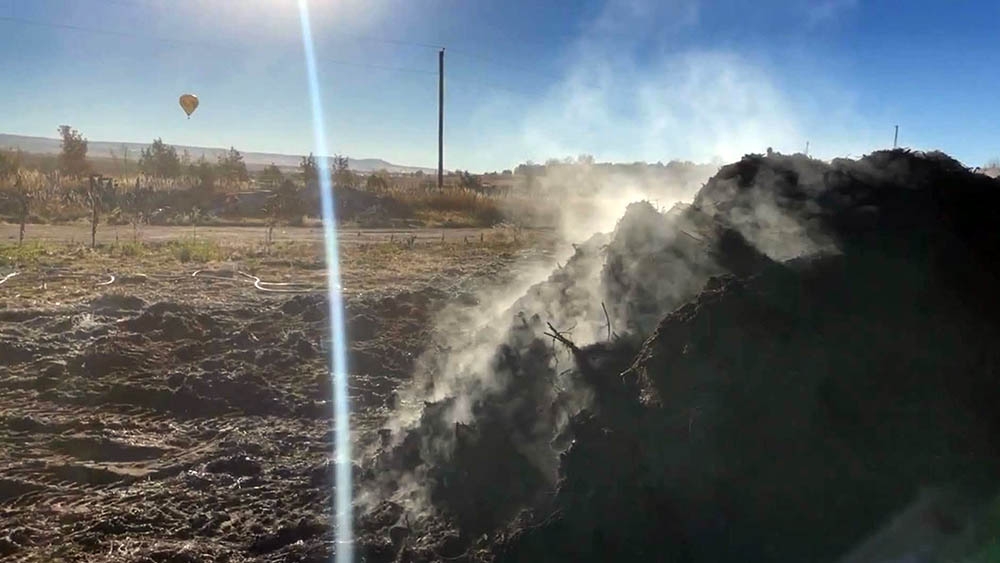
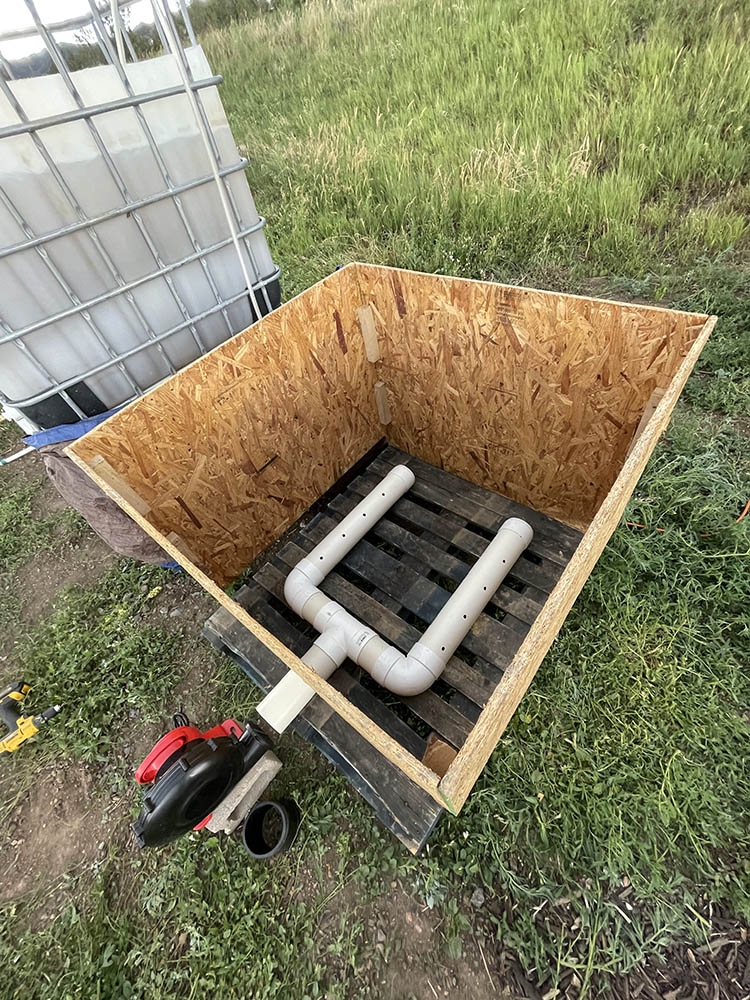
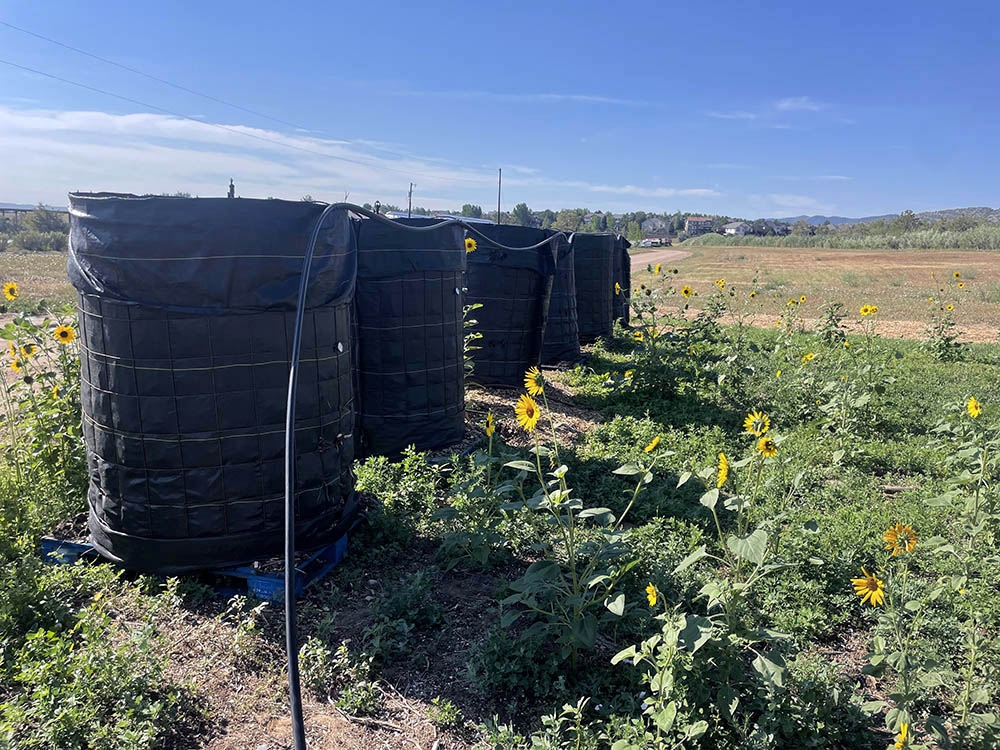
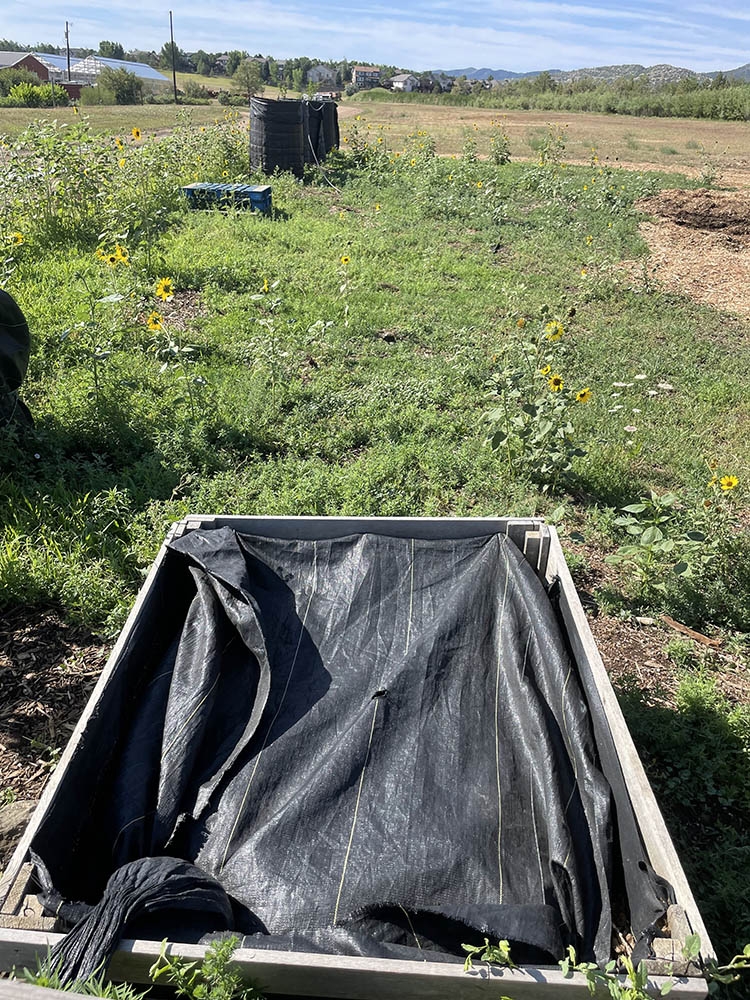
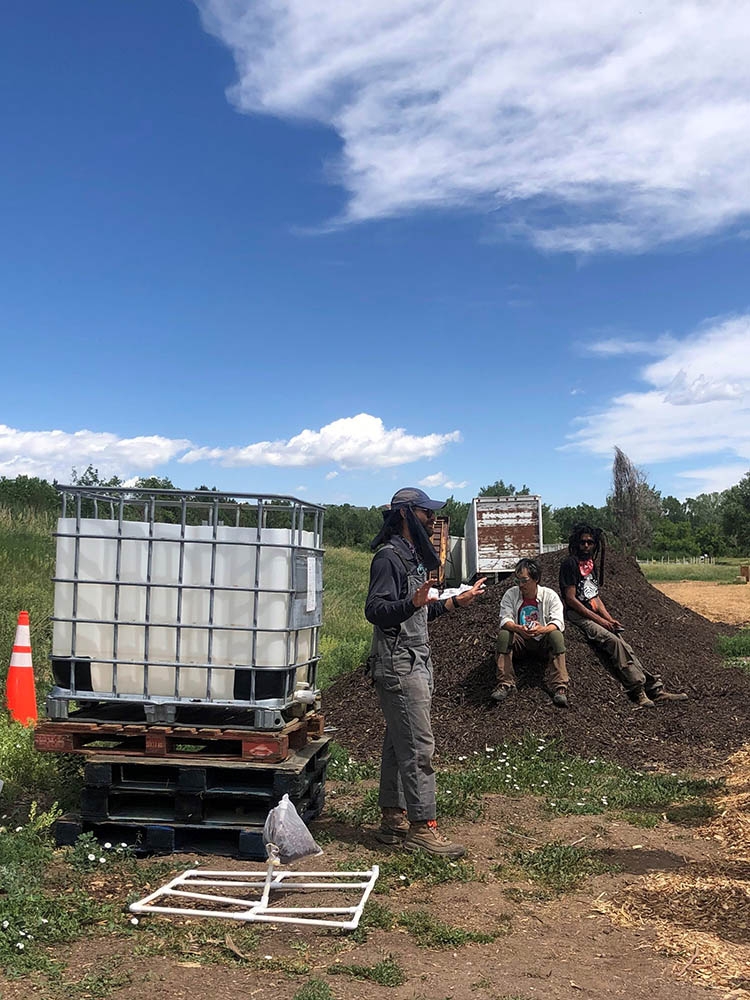
Add new comment